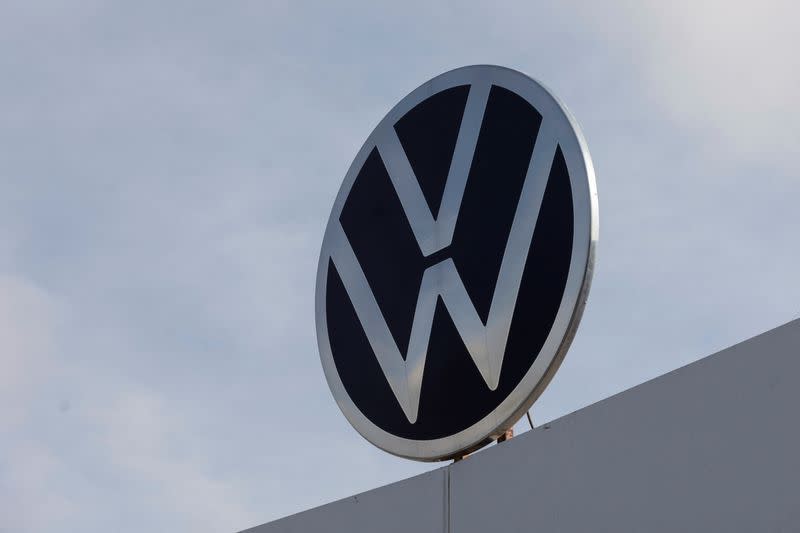Volkswagen to discuss U.S. factory at supervisory board meeting - sources

BERLIN/HAMBURG (Reuters) -Volkswagen's supervisory board will discuss plans to build a new U.S. factory at a meeting on Friday, two sources close to the matter said, with one adding the board was expected to approve the project.
The factory is a new plant for the Scout brand, according to one of the sources, which Volkswagen has said will be designed, engineered and manufactured in the United States with production due to start in 2026.
Volkswagen declined to comment. The automaker has previously said a decision on whether to build a plant for the brand had not yet been made.
Volkswagen is expanding its existing U.S. plant in Chattanooga, Tennessee, to produce the ID. Buzz - but the Scout brand will build off-road electric pick-up trucks and SUVs that require a new platform and the Chattanooga plant does not have enough space to do it all, a source told Reuters last May.
Scout and Travelall vehicles made by International Harvester were forerunners in both function and style of popular SUVs from the Big Three Detroit automakers, such as the Ford Bronco and General Motors' Chevrolet Suburban.
Harvester stopped building the Scout and Travelall in 1980, but Volkswagen's Traton SE business acquired U.S. truck maker Navistar in 2020, which owns the Scout name.
Volkswagen has said reintroducing the brand is a key part of its strategy to gain 10% market share in the United States.
(Reporting by Victoria Waldersee and Jan Schwartz; Editing by Friederike Heine and Mark Potter)

 Yahoo Finance
Yahoo Finance 